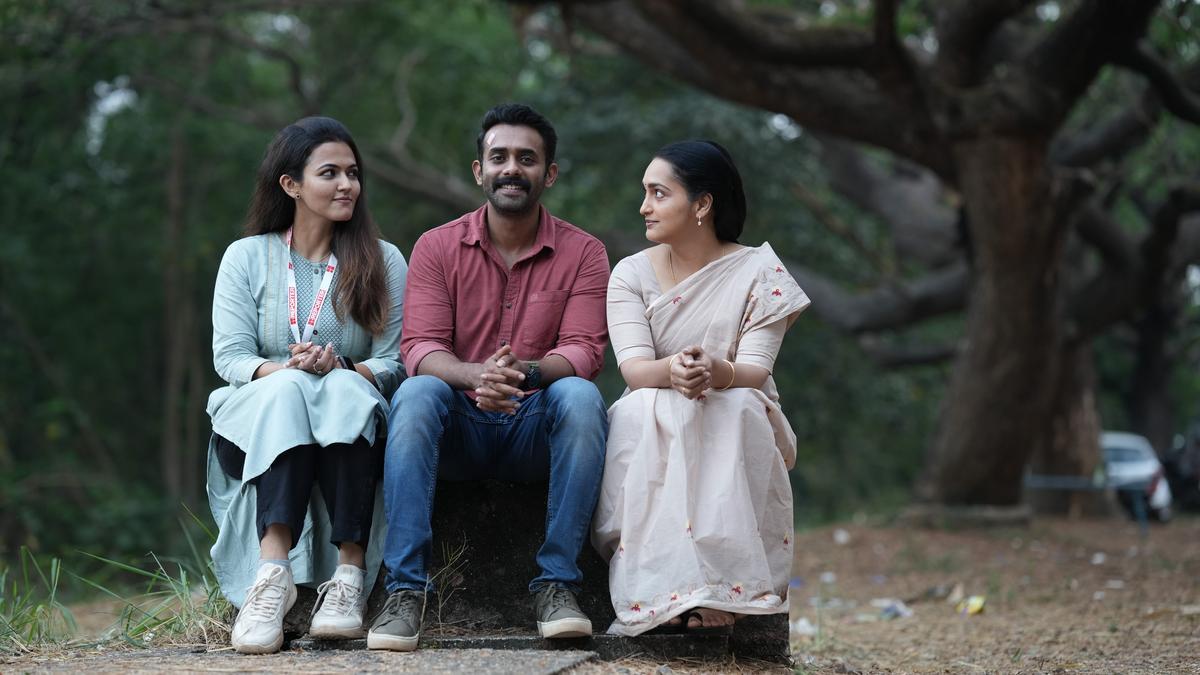
“In retrospect, it’s bitter, of course, when you see the whole outcome or the importance of a goal at that point. In the end, all we could do was accept it,” are the words of seasoned German midfielder, Toni Kroos, in reaction to UEFA’s recent admission of a refereeing error during the Euro 2024 quarterfinal between Germany and Spain.
Germany’s exit from the tournament came amid significant controversy, with the pivotal incident involving a handball by Spain’s Marc Cucurella going unpenalized. The UEFA Referee Committee, in a delayed acknowledgment, has confirmed that Germany should have been awarded a penalty. The decision, or lack thereof, influenced quite conceivably the trajectory of the game and, by extension, the championship.
Toni Kroos did not mince words in expressing his frustration over the belated admission from UEFA. Speaking candidly on his podcast, Einfach mal Luppen, Kroos aired his grievances with a mix of sarcasm and resignation. “It took them three months to realize it was a handball, something that almost everyone saw in a second. Thank you, it wasn’t that big of a deal,” he quipped. “Can I proclaim myself European champion now that they’ve officially said it was a mistake? I don’t think so.”
Kroos, who had already announced his plans to retire from football post the European Championship, found his international career concluding on a contentious note. Having secured an enviable list of accolades, which includes five UEFA Champions League titles and a FIFA World Cup victory in 2014, the UEFA European Championship remains the notable omission from his otherwise glittering career portfolio.
Reflecting on the game, Kroos conveyed his disappointment not just with the oversight but with the referee’s handling of the situation. “I only got angry when I saw it after the game. I think he should have at least looked at it,” Kroos remarked.
. “But I think the problem is: he knew that if he looked at it, he would have to give it. And I had the feeling that he didn’t necessarily want to give it in a game like that. The referees themselves don’t know 100 percent how the interpretation is in this case.”
The incident has reignited debates over the effectiveness and reliability of VAR (Video Assistant Referee) technology, which, despite its intended purpose of eliminating human error, has been mired in controversies of its own. Kroos’ reaction underscores a sentiment shared by many players and fans alike: a growing impatience and skepticism towards the current state of refereeing decisions in crucial matches.
“In retrospect, it’s bitter, of course, when you see the whole outcome or the importance of a goal at that point. In the end, all we could do was accept it,” Kroos conceded, encapsulating not just a moment of personal disappointment but a broader frustration with systemic flaws in football officiating.
This story, compiled from a third-party syndicated feed, reflects a deep-seated indignation that transcends a single game or player. The issues at hand highlight the need for more stringent reviews and perhaps a recalibration of protocols surrounding the use of technology in decision-making processes in football.
Toni Kroos’ departure from the international stage might not have been crowned with the European Championship, but his legacy remains untarnished. As a player revered for his precision, vision, and leadership on the field, his career will be remembered for moments of brilliance and professionalism, rather than the sting of unrectified errors.
In closing, the admission from UEFA offers little consolation to Kroos and Germany. It does, however, shed light on the continuous need for improvement in football’s governance and oversight. For Kroos, this chapter ends with an indelible mark of ‘what could have been,’ yet his contributions to the sport speak volumes of a career that inspired many and will be remembered for years to come.










